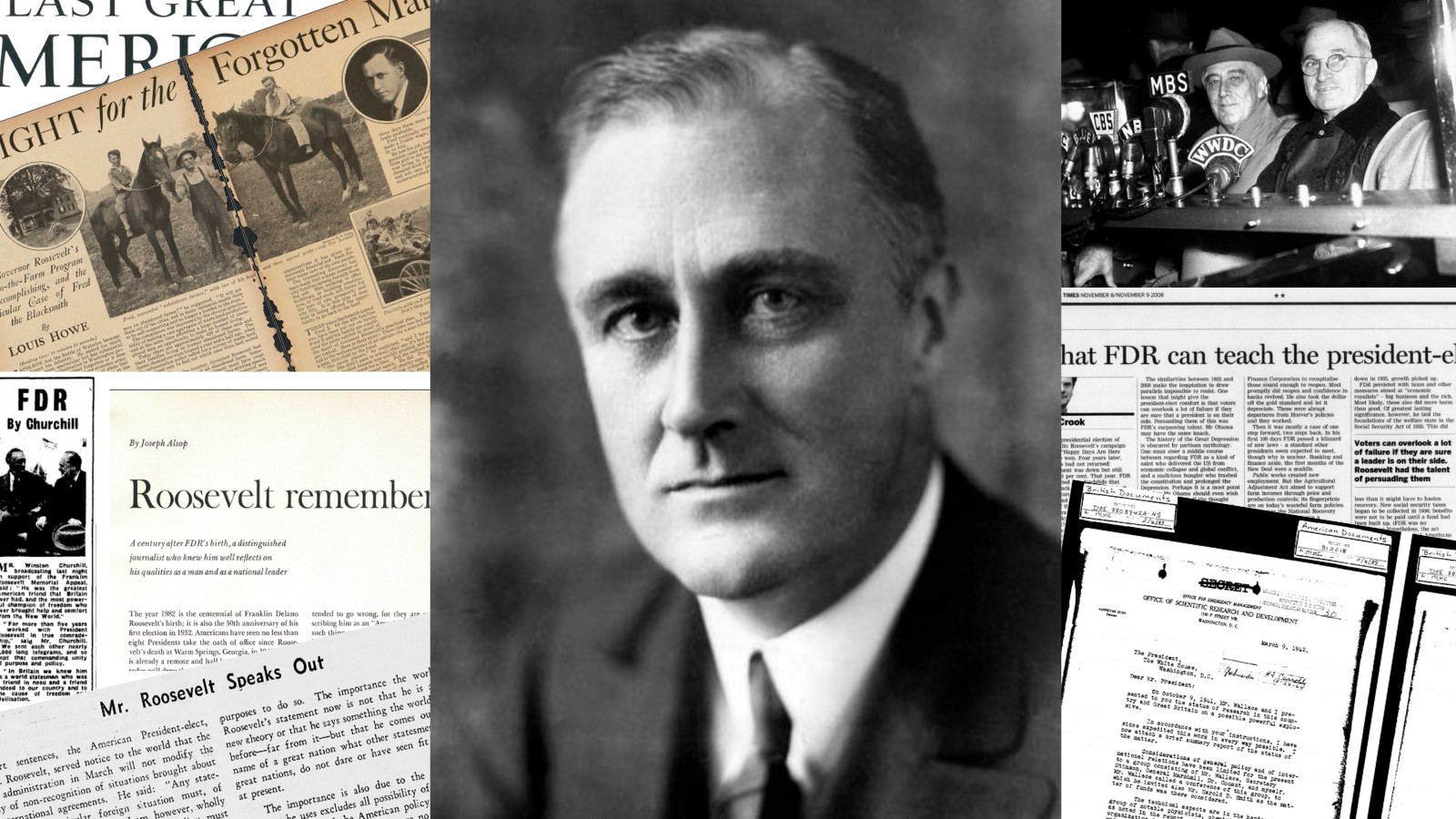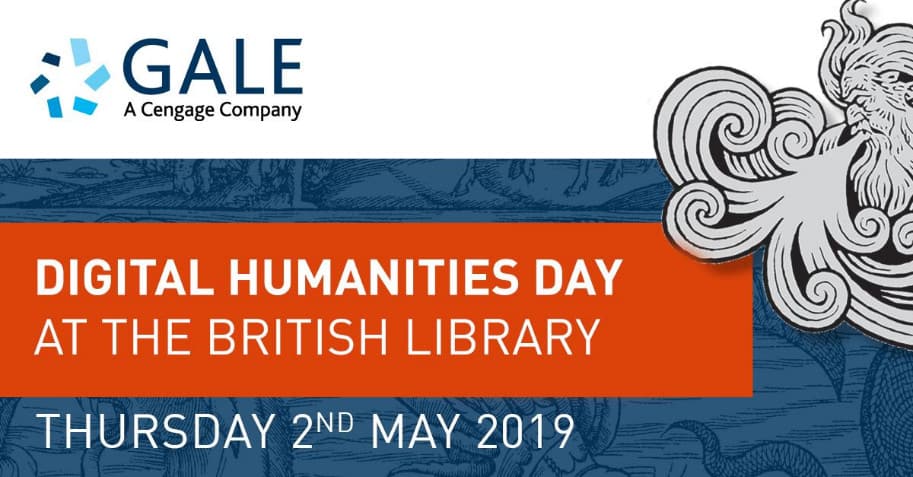│by Pauli Kettunen, Gale Ambassador at the University of Helsinki│
Is the picture above what comes to mind when you think of an archive? Do you believe that, to find any useful information, you must spend weeks between the shelves without seeing daylight?! If so, I have good news for you – Gale Primary Sources has updated archival research to the twenty first century! You no longer have to plough through library catalogues or rummage in endless boxes to find material relevant to your research – you can do so in seconds by running a text search, just like when googling.










